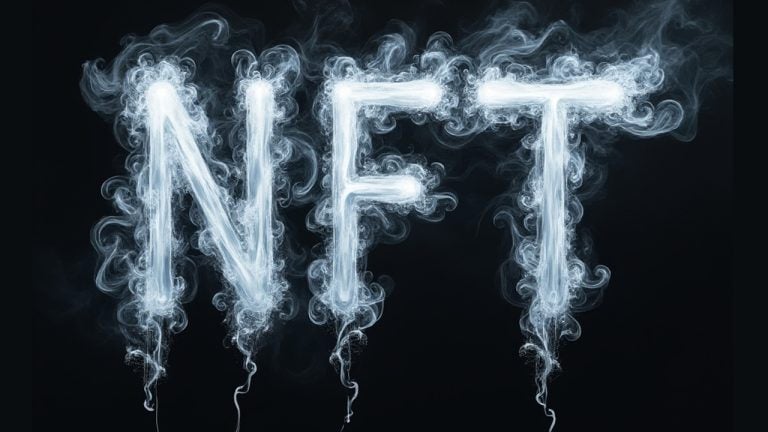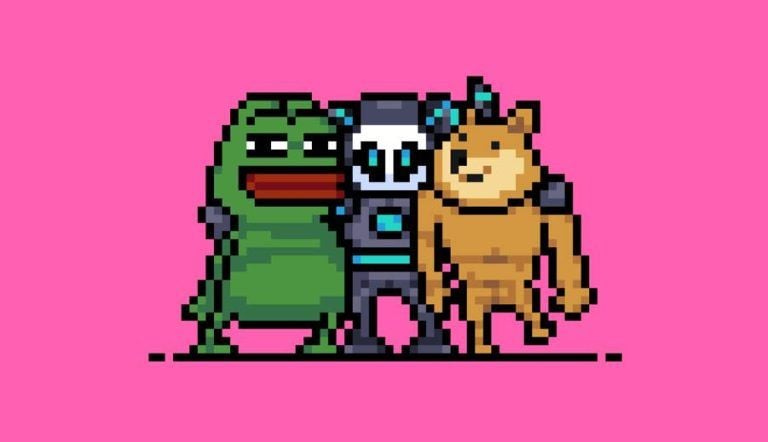
How the Earliest Soulbound Use Case Creates Real Web 3.0 Heroes
They say money talks, and that’s true. But at Phala, we don’t believe everything it tells us. We’re with Ethereum co-founder Vitalik Buterin on that one.
His recent whitepaper set out a vision for a decentralized society using Soulbound Tokens (SBTs) as non-transferable records of the holder’s achievements. I’d like to reference here the part that really resonated with me and with the Phala team.
It was these lines, “There’s a lot of unexplored opportunity in trying to go beyond financialization. Making more items in the crypto space ‘soulbound’ can be one path towards an alternative, where NFTs can represent much more of who you are and not just what you can afford.”
Like Vitalik and his co-authors, we want to offer an alternative to the over-financialization of Web 3.0 that many are seeing. This felt so relevant to PhalaWorld the gamification layer on the Phala Network. When we meet players at Web 3.0 conferences, we love hearing about what they’re able to do with the endless possibilities the Phala metaverse offers them. We recognize the skills they’re gaining and the personal qualities they demonstrate are important to them. They’re important to us. They have value in the game and also in players’ lives.
We also believe nd tell our community this that building is the most valuable action, regardless of market conditions. So, that’s what we’re doing. We’re building for a new era in Web 3.0.
Our vision is to create the world’s first ‘play-to-build’ metaverse able to connect players’ behaviors in the game with real life, where they can translate their skills and love of gaming into verifiable assets. Phala Network is proud to have achieved this with Spirit, a non-transferable NFT generated with players’ unique on-chain identities coupled with a decentralized identity protocol (DID).
Spirit links Phala World to the virtual world via a fat contract, encoding a player’s accruing values based on their behaviors. Importantly, Spirit NFTs cannot be transferred they’re soulbound. We want to walk back the concept of MMORPGs to a place where rewards are earned and retained.
On-chain behaviors attracting rewards include mining, staking and coding. Collaborative social behaviors, such as Twitter interaction or making contributions to the Phala community, also carry value. And these positive behaviors can all be rewarded both in-game and off-chain. You can be a Web 3.0 hero and it’s real.
This earliest Soulbound use case is really exciting. But I don’t see it as being just about contribution within Phala World. We’re entering this exciting, mind-blowing phase of Web 3.0, and everyone needs to play their part. For two reasons o that blockchain and the metaverse continue to scale and succeed, and so that we all gain maximum benefit from that.
This whole thing should be collaborative and fun not a cutthroat marketplace. And while we’re building, developing, creating or gaming, we’re adding value to our shared worlds, whichever platform we’ve chosen. Within Phala World, those contributions will certainly be recorded permanently and rewarded regularly ot traded and lost.
Let’s pick this moment to reconfirm that who we are and what we do has value. There are many ways to reward collaborative behaviors and to let our communities know they are seen and valued as Web 3.0 pioneers and heroes.
This content is sponsored and should be regarded as promotional material. Opinions and statements expressed herein are those of the author and do not reflect the opinions of The Daily Hodl. The Daily Hodl is not a subsidiary of or owned by any ICOs, blockchain startups or companies that advertise on our platform. Investors should do their due diligence before making any high-risk investments in any ICOs, blockchain startups or cryptocurrencies. Please be advised that your investments are at your own risk, and any losses you may incur are your responsibility.
Follow Us on Twitter Facebook Telegram

The post How the Earliest Soulbound Use Case Creates Real Web 3.0 Heroes appeared first on The Daily Hodl.
Go to Source
Author: Sponsored









